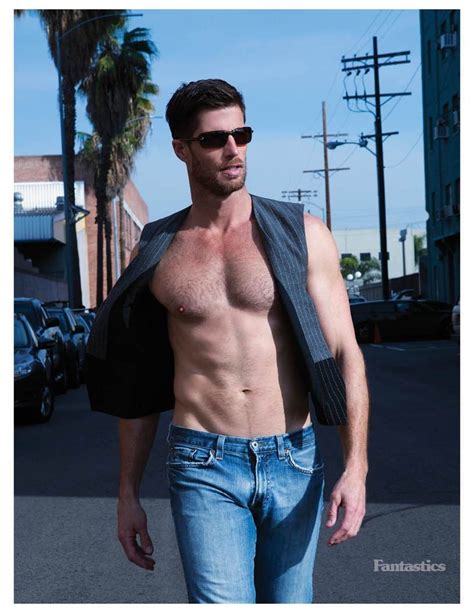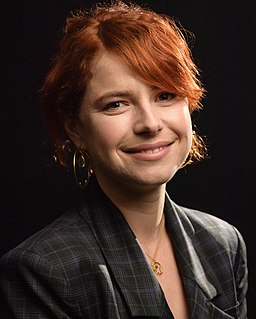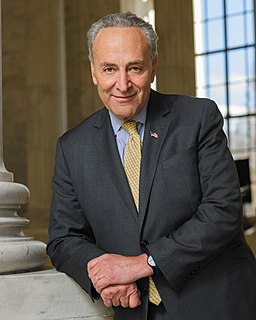A Quote by Chris Crutcher
If we're going to make a real dent in the bullying issue, we're going to have to address the bullies themselves: find ways to help empower them that don't include allowing them to be predators or to simply be punished.
Related Quotes
Punishment by definition isn't going to help. So what you need to do is to help people to change and recover is to help them find different areas of passion and help them find better ways of coping. Because about 50 percent of people with addiction have a preexisting mental illness, about two-thirds have had some type of severe trauma during childhood, and they are not using to the point where they're risking their lives because it's fun. They're doing something to help them cope.
I think bullying comes from a person's feeling of self-worth, and so what you do is you find out where you are in a totem pole, and you may slide in somewhere in the middle. So you say, "OK, well there's all these other people who I respect and admire, and there's all these people below me, so I'm going to put on them this sense that they're inferior and I'm going to belittle them, and that's going to raise my stature."
When I started to get involved in the crime issue, people said, "it's a local issue." I said, "No, there are lots of ways the federal government can help." And the best way the federal government can help, and did in the Crime Bill, is to find programs that work around the country and help them spread.
Ultimately, success is going to be up to the reformers, just like in Iraq. It's going to require Iraqis, the will of Iraqis to succeed. I understand that. And that's why our strategy is to give them the tools necessary to defend themselves and help them defend themselves; in this case right now mainly in Baghdad, but as well around the country.
It might be helping to explore a story visually by going to see a museum exhibit that's relevant to something that somebody's reading, or going to see a show or listening to a piece of music or cooking a meal that's in one of the stories, something practical, something kinesthetic that draws the reader in and helps them to experience the story for themselves. Those are all ways I think we can kind of come in the back door and help kids find the joy, as opposed to the chore or responsibility, of reading.





































